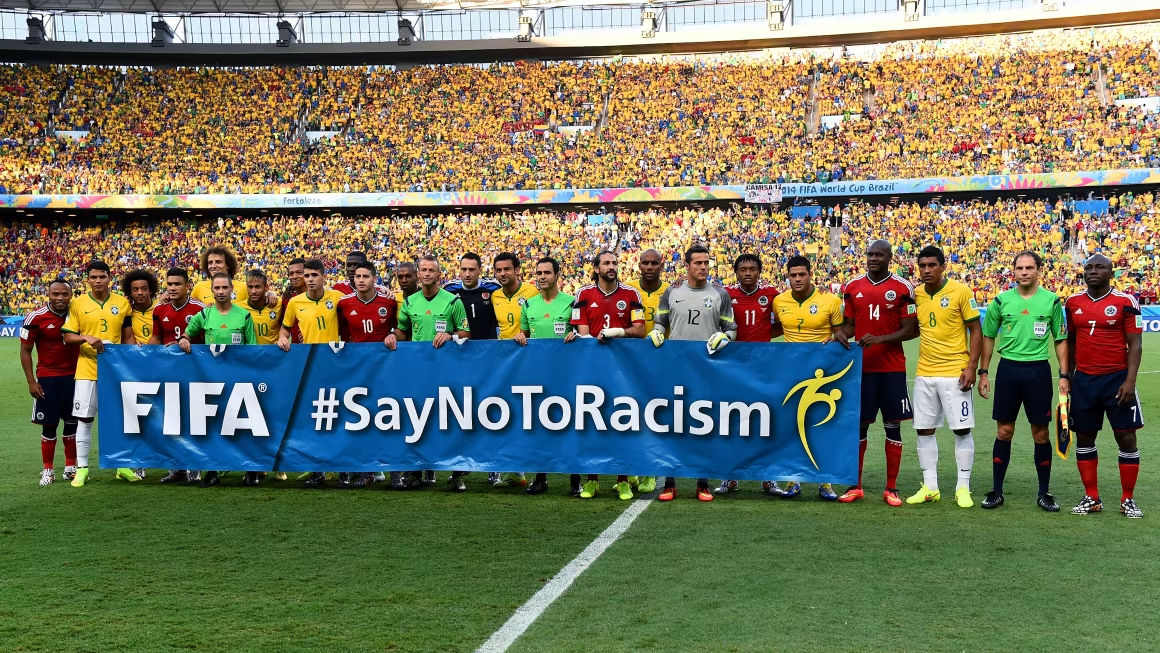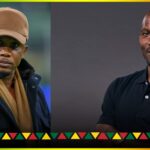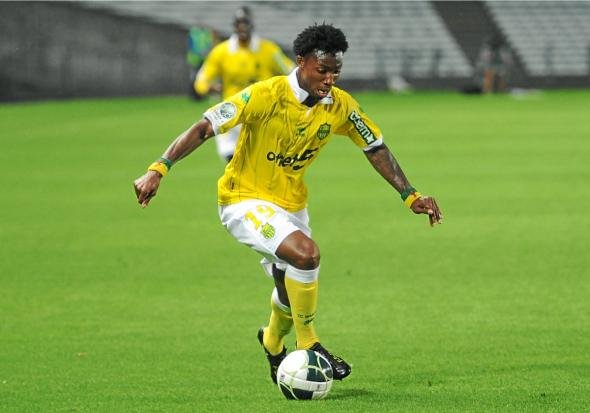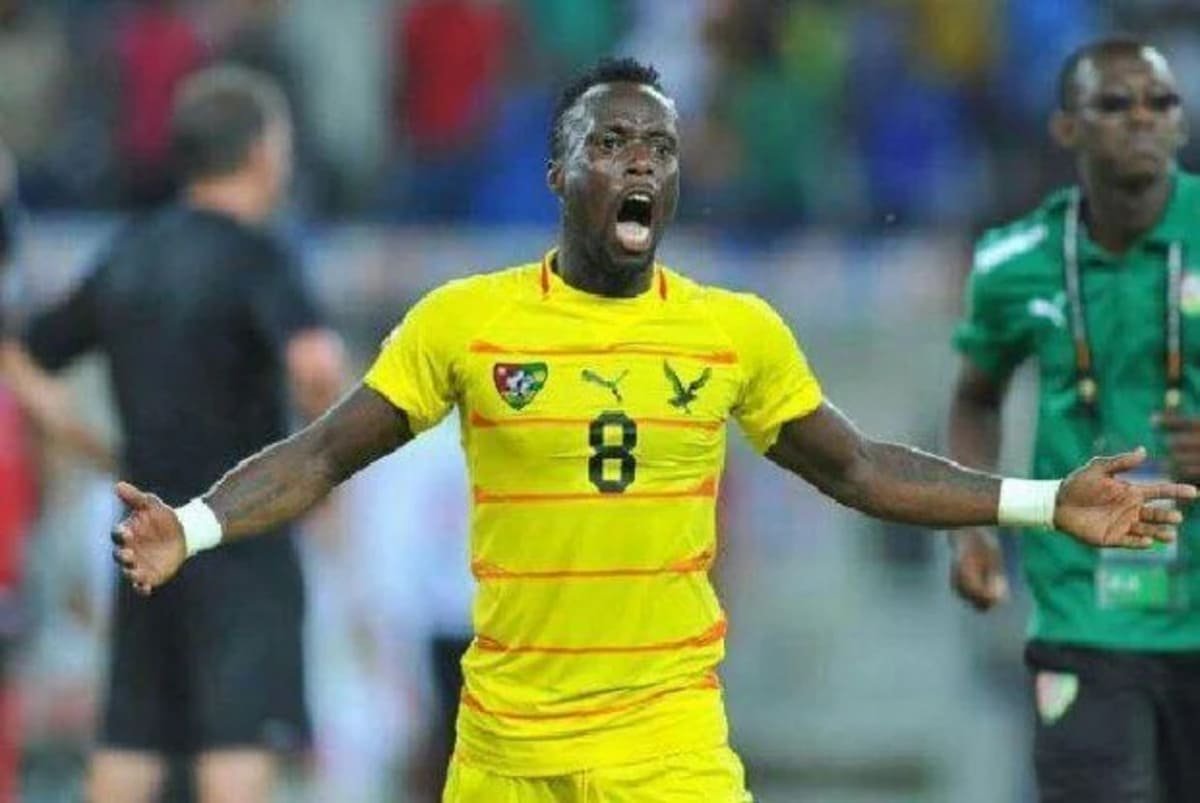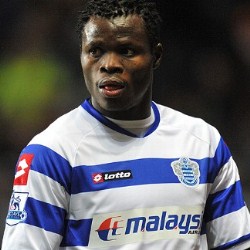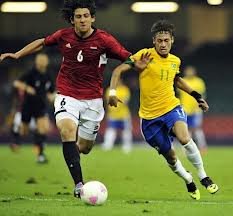A chorus of African and black equality campaigners have slammed FIFA as anti-racism messages that featured so prominently at recent global tournaments have disappeared at the ongoing Club World Cup in the United States.
The Football Unites the World slogan that has featured so prominently at recent global tournaments has been dropped at the men’s Club World Cup in the United States which has sparked the concerns.
This comes in the wake of targeted deportation of minorites (including Africans and blacks) in America under President Donald Trump as the time the global football club competition is taking place.
Equality campaginers – many of them based in Africa and within the diaspora – have accused FIFA of “stepping backwards” after the world governing body chose to play down its anti-racism approach.
The switch means that, during the month-long showpiece in the USA, supporters have not seen the familiar No Discrimination armbands, banners or stadium screens that fronted the Qatar 2022 World Cup and last year’s Women’s World Cup.
Critics say that silence rings loudest for African players and fans, who experience racism both on and off the pitch with uncomfortable regularity.
“It is totally shocking that FIFA would drop its anti-racism campaign at the place and time it is needed most in the football and beyond,” Salifou Traore, Mali-based anti-racism campaigner told AfricaSoccer.com.
“In the just-ended football competitions some blacks and African players suffered racist abuse. Same is happening in a country where a lot of minoroties because of their race.
“It is a shame that at this criticial time FIFA chickens out, out of fear but it clearly exposes the fact that FIFA is truly not interested in fighting racism on and off the field. It is cosmetic.”
The Athletic reported that creative material for a dedicated “no racism” push had been approved before the tournament but was shelved at the last moment.
FIFA has declined to confirm or deny the claim, fuelling speculation that the organisation is soft-pedalling because of a hostile political climate in the host nation.
Since January, President Donald Trump’s administration has ordered federal agencies to wind down diversity, equity and inclusion (DEI) programmes, a move echoed by several US companies.
Campaigners believe that backdrop has made overt anti-racism language a sensitive subject on American soil.
Piara Powar, executive director of the European-based Fare network, told the BBC he was dismayed to see the sharper messaging disappear:
“It is disappointing that it appears there will be no anti-discrimination messaging throughout the Club World Cup.
“In the past such messaging has been well received by supporters, players and civil society.
“It’s more than a shame that a message of inclusion can’t be broadcast to the world, and that those of us who are stakeholders in this area haven’t been informed.
“We know that the US government is volatile and the need for pragmatism is a factor, but the iteration of consistent and progressive values by FIFA is so important.”
FIFA points to wider campaign
Responding to questions, a FIFA spokesperson stressed that Football Unites the World is the organisation’s umbrella drive “displayed in all Club World Cup stadiums before and during matches, as well as on FIFA’s social platforms”.
“FIFA has a firm, zero-tolerance stance against all forms of discrimination and racism,” the statement added, reminding reporters that the FIFA Council had only weeks ago adopted a revised Disciplinary Code aimed at “fighting racist abuse more efficiently and decisively”.
New rules include longer mandatory bans for offenders and heavier fines for clubs or associations whose fans are found guilty.
FIFA also highlighted its existing three-step protocol that empowers referees to pause, suspend or abandon matches in response to discriminatory behaviour, and its social-media protection service that shields players and officials from online hate. “Further activities to reinforce FIFA’s anti-discrimination stance will be implemented in due course,” the spokesperson concluded.
African eyes fixed on 2026
With the expanded 48-team World Cup heading to the United States, Canada and Mexico in 2026 – and a record number of African nations set to qualify – the stakes could hardly be higher for supporters across the continent.
They will be looking for proof that the governing body is prepared to do more than talk about unity and will instead place anti-racism at the very heart of its biggest showpiece.



